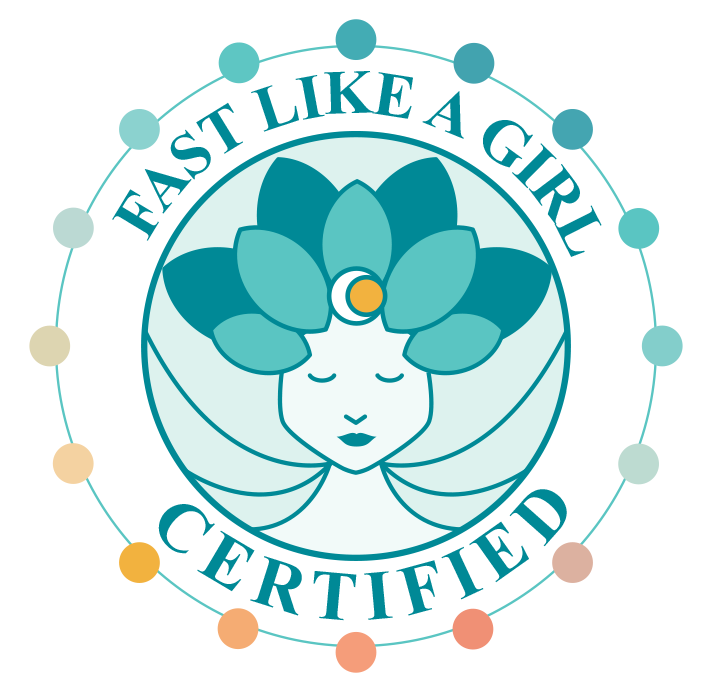Eating. Healing. They don’t always go together, so let’s look at how they can.
What you eat matters to your health and healing.
When you eat matters to your health and healing.
How you eat also belongs in the context of fasting as each has its healing effects for your health.
“Fasting taps into your body’s ability to heal itself and eating taps into food’s ability to heal you.” – Dr. Mindy Pelz
Let’s look at how eating taps into food’s ability to heal you.
How Food Can Heal
Food is complex, and food has become toxic. Besides that, our taste buds have been hijacked!
That’s why Dr. Mindy Pelz wrote a sequel to her fasting book as a cookbook with guidelines how to eat for blood sugar and hormonal balance for women. It’s called Eat Like A Girl, and men can learn something from it too.
Dr. Mindy Pelz’s “Foundational Five” principles can easily serve as a guide for making food choices that build your health and stop breaking it down:
- Blood Sugar Matters, Not Calories: Regulating blood sugar is essential for an effective metabolic switch and weight management, so counting calories becomes irrelevant.
The problem with managing calories is that every time you decrease your input of calories, and you increase your output of calories, you lower your set point, so you need fewer calories to maintain that weight, therefore it becomes unsustainable.
Weight loss really is a hormonal issue based on insulin, the blood sugar hormone, and not a calories in/ calories out issue.
When you look at how eating affects your blood sugar and not the number of calories, you have more flexibility and options with food. You are liberated! - Nature’s Carbs, Not Human-Made Carbs: Carbohydrates as Nature gives them to us support our microbiome and hormonal health, where processed carbs can destroy them. Processed carbs can disrupt your blood sugar and cause inflammation.
- Eat for Your Microbes, Not Your Taste Buds: Foods that nourish your gut bacteria will automatically nourish your own health. Whereas taste buds can be fooled by processed foods and made addicted to substances not found in Nature.
When you simply add in fiber, prebiotic, polyphenol, and probiotic foods, they help to create a better mix of bacteria in your gut. Therefore, changing your food habits doesn’t become a discipline issue at all. Adding in a few things actually allows your taste buds to change because your microbiome has changed, so you automatically make different, more health-building food choices. - Protein as the Hero Macronutrient: When protein is central to your meals, supported by fiber, your blood sugar is more regulated and your microbiome is happy, both cornerstones of building health.
The buzz in the health world says to eat one gram of protein for every pound of ideal body weight. But it’s hard to sustain that kind of focus on counting.
Instead, when you’re looking at a day’s worth of eating, ask yourself: do I have protein at every meal and for snacks? Beef sticks, hard boiled eggs, tofu, tempeh, plus a diversity of protein sources can come to the rescue. Make protein front and center.
Then support it with fiber in the form of mixed greens and vegetables, beans and legumes. - Fat Doesn’t Make You Fat: Eating healthy fats regulates your blood sugar while harmful fats can cause inflammation leading to a sluggish metabolism and an unhappy microbiome.
When you are eating inflammatory foods, your body will tell you by storing fat around your belly to protect your internal organs. Inflammatory fats are oils processed industrially leaving toxins such a hexane in them. The most common inflammatory oils to avoid are canola, corn, cottonseed, soy, sunflower and safflower oils. Inflammatory fats are hydrogenated or partially hydrogenated.
The low-fat movement really was the beginning of the obesity epidemic! They had to add sugar or chemicals to make low-fat taste good. Those chemicals cause inflammation leading to weight gain.
That said, we need to make sure we eat the right fats. Fats that don’t oxidize and turn rancid like avocado oil, olive oil, coconut oil, and ghee. Women need omega three fatty acids in order to make hormones, but then also need polyphenols to support the set of bacteria that break that hormone down. One of the best polyphenol rich foods is olive oil, another fat!





